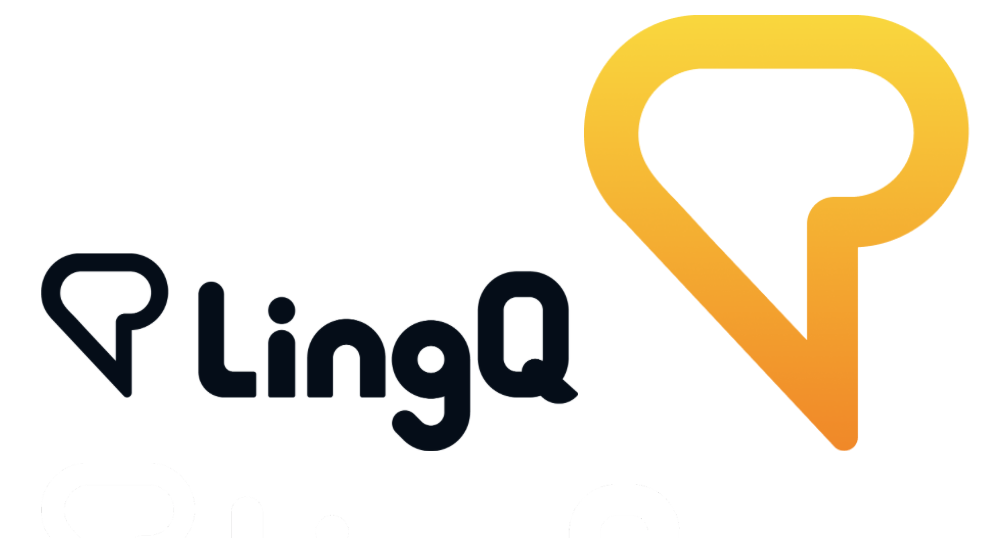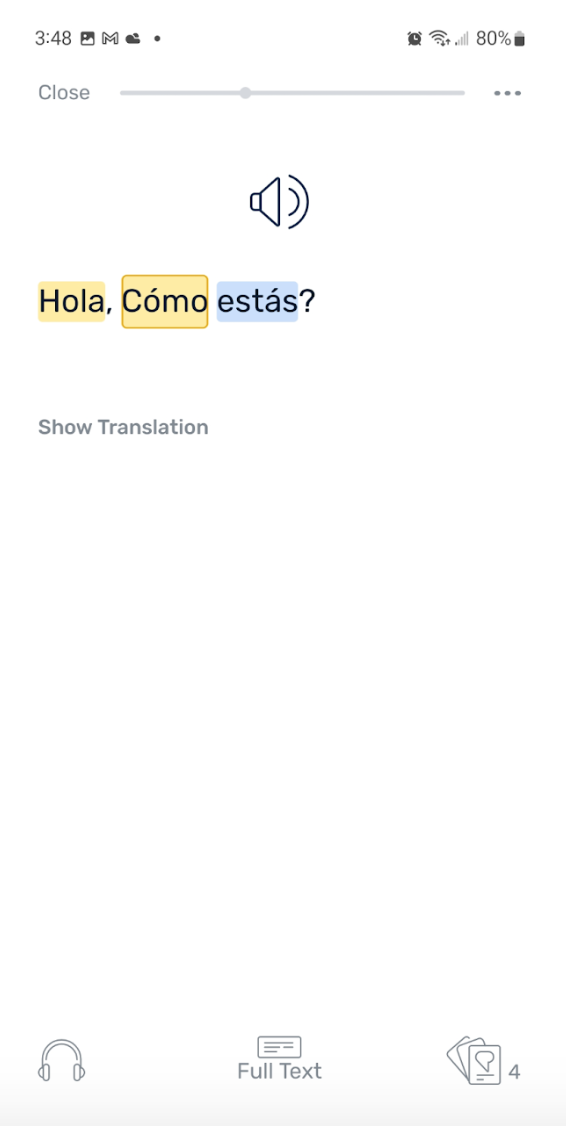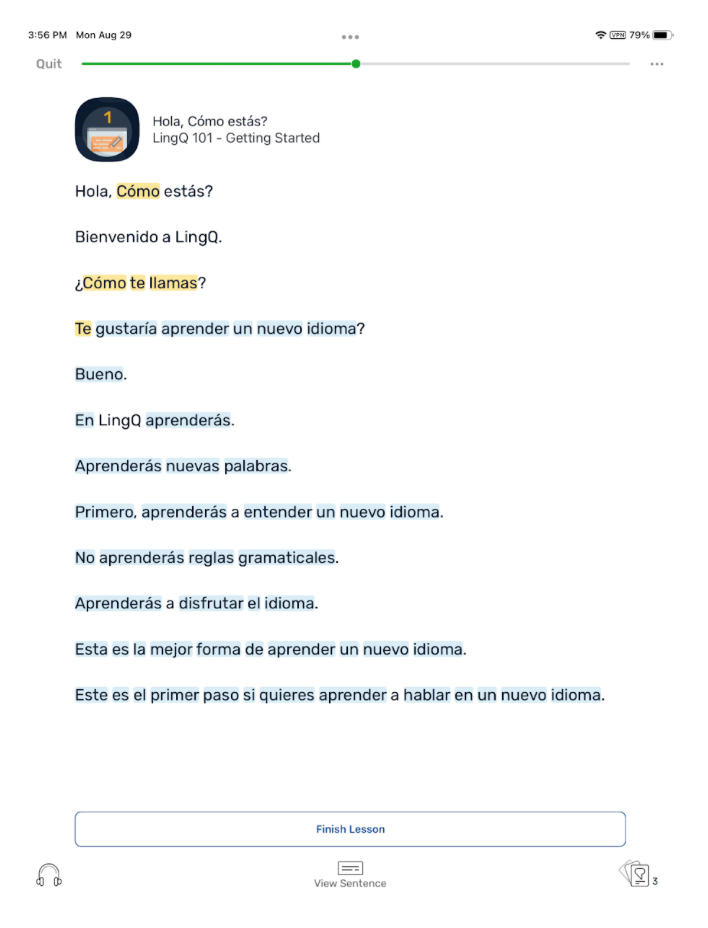Learn all about LingQ and how Canada’s largest language learning app is celebrating its 20th anniversary!

Today, the Co-founder of LingQ, Steve Kaufmann, is sitting down with HOLR to discuss the all-in-one language learning app. Since the brand’s inception in 2002, over 3.5 million students worldwide have learned languages on LingQ. Most notably, LingQ recently celebrated its anniversary by launching its 40th language – Tagalog, and by providing free lessons globally.
Steve is chatting with HOLR to discuss the brand’s beginnings, its recent milestone, and what’s next for LingQ!
For those who might be unfamiliar with the platform, tell us all about LingQ, an all-in-one language learning app that uses artificial intelligence to assist users.
It started 20 years ago and it has evolved with all of the changes that have taken place on the internet. The basic point of it today is to help people learn languages from the tremendous amount of language content that surrounds us on the internet. Not everyone can go to the country where the language is spoken.
We also take advantage of the technology that is evolving which makes language learning so much easier than before. It’s a platform where you can use the available technology to learn languages from genuine, authentic content and take advantage of everything that’s out there.
Language learning is not about getting the grammar right- it’s about getting the language in you.

How many languages do users have access to?
With Tagalog it’s 40.
In celebration of LingQ’s 20th anniversary, the brand launched its 40th language Tagalog. Talk to us about this milestone!
It’s something that snuck up on us! We’ve been at it for a long time- it gives us a sense of satisfaction. We’re still going strong and getting stronger and stronger after 20 years.

What inspired you to get involved with LingQ?
20 years ago I spoke 9 languages- today I speak 20, more or less. Even 20 years ago I was interested in learning languages. I had learned languages throughout my career initially as a diplomat and then in the international trade in wood products.
It frustrated me that I had books at home in German, Spanish or Italian, and on every page, there were 10 words or more that I didn’t know. If you look words up in a dictionary, you very quickly forget them so you never really end up getting anywhere. Reading is very powerful but you also want to accumulate words while you are reading.
The first bits of technology that came our way was the MP3 player and mini disc player- very portable sound. Digital text and online dictionaries also helped people look things up. These two initial bits of technology, and eventually access to so much more language content on the internet, made us realize that there was a way to make language learning easier.
What kicked it all off was when we had an employee from China whose English was not very good, and we had software engineers who developed a system specifically for that employee. We had something so we tried to interest the Canadian immigration services but it wasn’t very successful. We then turned it into a multi-language platform.

How is LingQ one of the pioneers in language app development?
There is increasing realization in the language learning and teaching world. We learn languages from meaningful input and messages- comprehensible and compelling input.
At LingQ we say here’s where language learning is going. We’re saying how can we get people to consume the language and make it more efficient through meaningful input. I think we were leaders in that regard, recognizing that in an initial period, you need content that’s relatively easy with a lot of repetition but you have to be able to take the learner through the content of genuine interest to them.
All of the little things make the content more compelling and effective for language learners. When we started it was all about computers, but with the development of mobile computing, we developed an app. Artificial intelligence also brings so many things- it makes it easier.

What’s next for LingQ?
We continue to add languages. Our users ask for specific languages and we try to accommodate them. We will be integrating more services that will make pure audio content easier to access for learners. In terms of output, we will help learners identify smaller chunks of text that they can work on while they’re listening and reading. We can also scramble the swords in that sentence they’ve been studying and have them reassemble it as a form of output.
We have a lot of ideas but want to make sure we don’t get ahead of ourselves or make it too complicated.
Published by HOLR Magazine.


